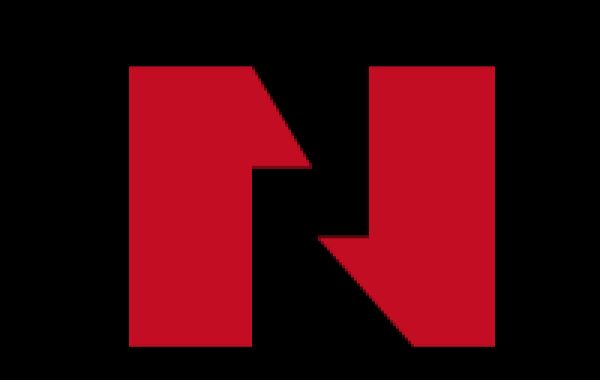Industrial gas meters are specialized devices designed to accurately measure and monitor the flow of gases in various industrial applications. These meters play a critical role in ensuring precise control over gas consumption, optimizing processes, and maintaining safety standards. In this comprehensive guide, we'll delve into the functionalities, types, applications, installation, and maintenance of industrial gas meters, highlighting their importance in industrial settings.
Understanding Industrial Gas Meters
Functionality of Industrial Gas Meters
Industrial gas meters measure the volume or mass of gas flowing through a pipeline or system. They utilize various principles, including displacement, velocity, thermal conductivity, and ultrasonic technology, to accurately quantify gas flow rates. The data collected by these meters is essential for billing purposes, process control, and regulatory compliance.
Types of Industrial Gas Meters
Turbine Meters: These meters utilize a turbine wheel to measure gas flow. They are suitable for applications with high flow rates and moderate-to-high pressures, such as natural gas pipelines and industrial processes.
Ultrasonic Meters: Ultrasonic meters use ultrasonic waves to measure gas flow without interrupting the flow path. They offer high accuracy and are ideal for applications requiring non-intrusive measurement, such as custody transfer and fiscal metering.
Differential Pressure Meters: These meters measure the pressure difference across an obstruction in the flow path, such as an orifice plate or venturi tube. They are commonly used in industrial processes where precise measurement is essential.
Coriolis Meters: Coriolis meters measure gas flow by analyzing the Coriolis effect, which occurs when a fluid flows through a vibrating tube. They offer high accuracy and are suitable for applications involving corrosive or abrasive gases.
Applications of Industrial Gas Meters
Industrial gas meters find applications in various industries and processes, including:
Oil and Gas: Industrial gas meters are used in upstream, midstream, and downstream operations of the oil and gas industry for custody transfer, well testing, and pipeline monitoring.
Chemical Processing: In chemical plants, gas meters are utilized for monitoring and controlling the flow of gases in various chemical processes, ensuring accurate dosing and mixing.
Power Generation: Gas meters play a crucial role in power plants for measuring the flow of fuel gases, such as natural gas, hydrogen, and biogas, used in combustion processes for electricity generation.
Manufacturing: Industrial gas meters are employed in manufacturing facilities for monitoring gas consumption in heating, cooling, and drying processes, as well as for controlling emissions and environmental compliance.
Installation and Maintenance of Industrial Gas Meters
Installation Considerations
Proper installation of industrial gas meters is essential to ensure accurate measurement and safe operation. Key considerations include:
Location: Meters should be installed in accessible locations with adequate clearance for maintenance and calibration.
Piping: Ensure that piping connections are properly sized, aligned, and supported to minimize pressure drop and vibration.
Calibration: Meters should be calibrated according to manufacturer specifications and industry standards to ensure accurate measurement.
Maintenance Practices
Regular maintenance is crucial to keep industrial gas meters operating reliably and efficiently. Maintenance tasks may include:
Calibration: Periodically calibrate meters to maintain accuracy and compliance with regulatory requirements.
Inspection: Conduct visual inspections to check for signs of damage, corrosion, or wear on meter components.
Cleaning: Keep meter components clean and free of debris to prevent obstructions and inaccuracies.
Testing: Perform flow tests to verify meter performance and identify any deviations from expected values.
Conclusion
Industrial gas meters are essential instruments for accurately measuring and monitoring gas flow rates in industrial applications. By utilizing advanced technologies and principles of measurement, these meters enable precise control over gas consumption, optimize processes, and ensure compliance with regulatory standards. Through proper installation, maintenance, and calibration, industrial gas meters play a vital role in enhancing efficiency, safety, and productivity in industrial settings.







